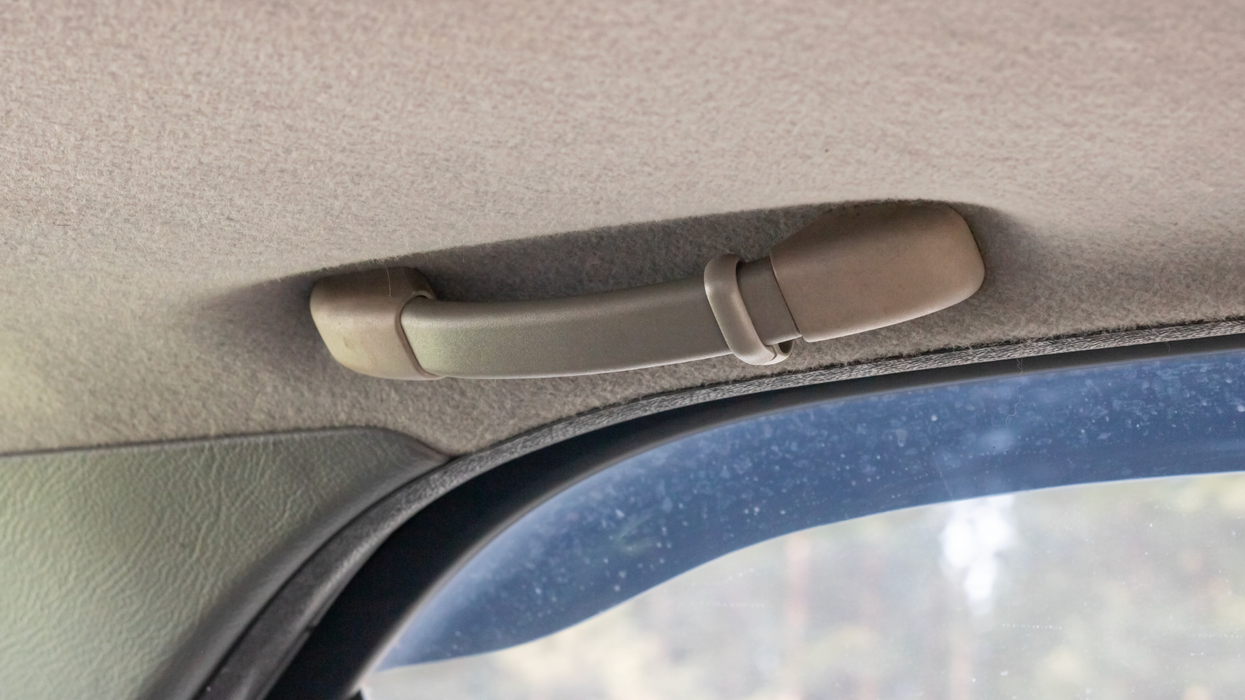“The Force Nouvelles will invade the South in the next few days,” Celestine Oundo, an Ivory Coast refugee, told me last February. We were sitting on benches outside his host’s house in the Liberian border town of Buutuo. The sun was setting and mosquitoes buzzed about. It was the spring of 2011, and I was in Africa covering the ongoing tension between the two countries after a civil war in the Ivory Coast sent hundreds of thousands of refugees to Liberia.
Oundo’s family knew exactly where to head. Alfred Latoe, a Liberian, is the deputy chief of Buutuo, an affable older man with greying temples and a collection of mud-brick houses. From about 1989 until 2003, Liberia was going through its own series of violent upheavals. Just as Oundo did, Latoe kept an eye on the situation and when things got hot, ferried his family over to Binhouye to look for shelter, often for months at a time. In 1989, 1994, 1995 and 1996 Oundo’s family played host to Liberians—including Latoe. It went without saying that the Liberians would return the favor.
In Logatuo, Kolleh and I found a town of Liberians taking in refugees by the hundreds. The chief, Victor Wolie, directed groups of Liberian youth fixing up old huts and constructing new ones in order to house the new arrivals. Women performed spontaneous welcoming ceremonies with drums and palm fronds while a volunteer from the Norwegian Refugee Council registered each new arrival for the U.N. database.
The international ban on Ivorian cocoa meant an opportunity for him to smuggle rebel cocoa out of Ivory Coast and ship it from Monrovia as Liberian cocoa. To many, conflict means money.
















 Otis knew before they did.
Otis knew before they did.